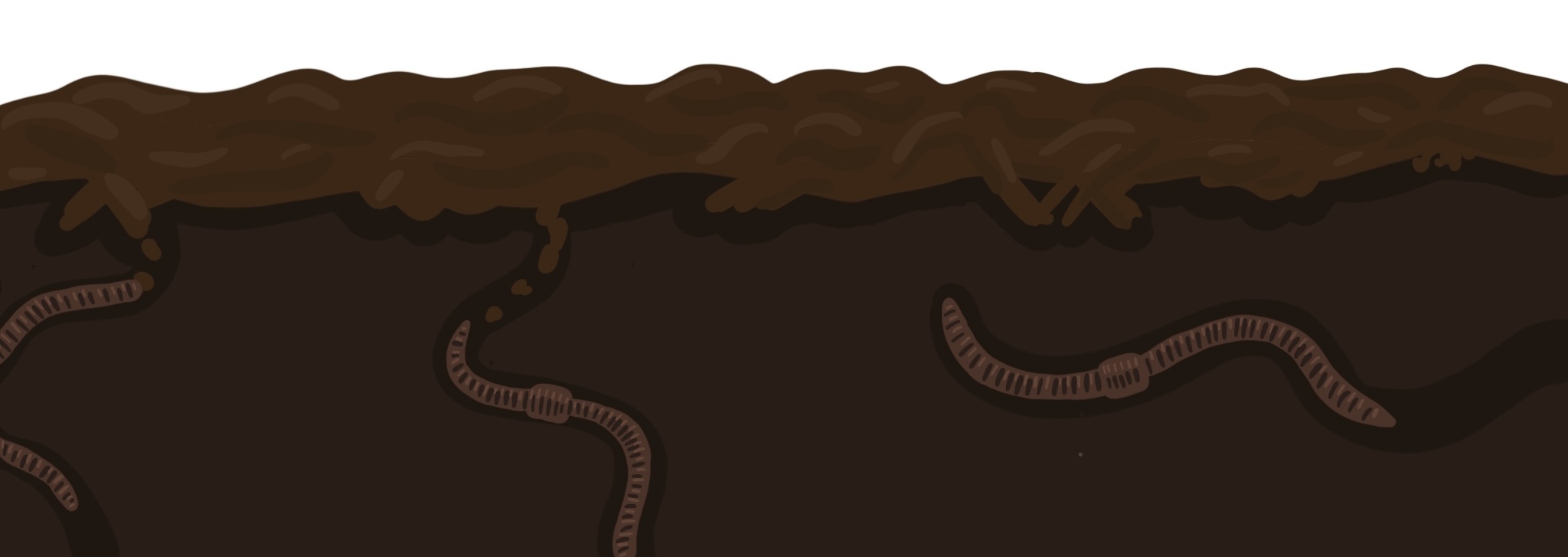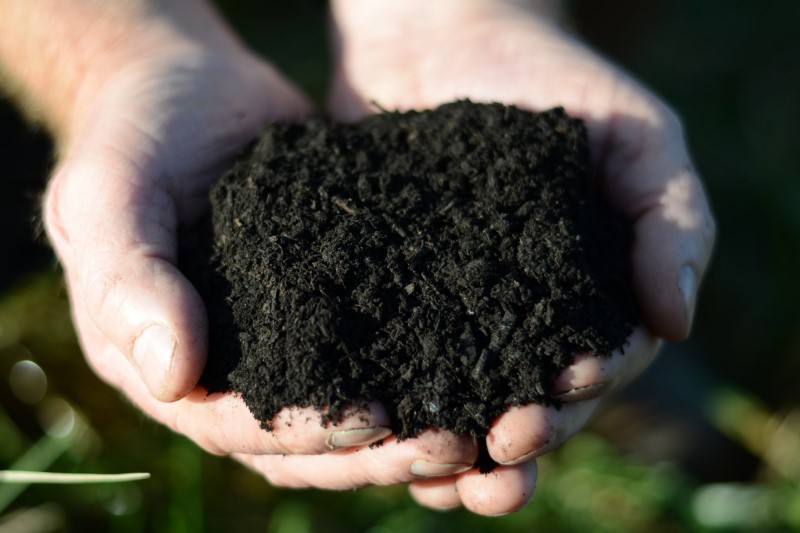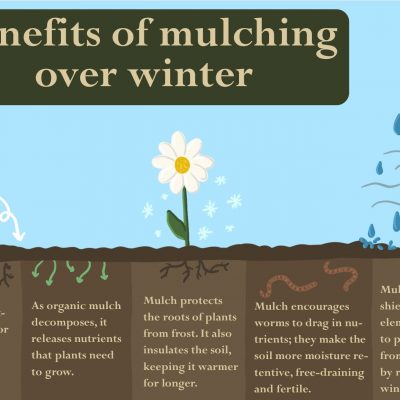Earthworms are a common sight for those with a fishing rod or a garden. Indigenous to Europe, these invertebrates are herbivores that can live up to 6 years in the wild (National Geographic).
Some may view them as pests, but seeing earthworms in your garden is a good thing – it can be an indicator of your soil’s health. Worms do not like extremely acidic or alkaline soils, or soils that are too dry, wet, hot or cold (they are very picky!). But these conditions are also that which are suitable for plant growth. So, seeing worms in your soil is a very good sign indeed, and a sign that you should get planting haha!

They’re not just a sign of soil health, the soil also gets healthier because of them!
Worms have often been labelled as “Ecosystem Engineers” because, like human engineers, worms too can change the structure of their environments.
Want to know how they do this?
Well, their extensive burrowing is the key! They create tunnels in the soil which:
- Increase aeration: worms loosen, mix and oxygenate the soil as they burrow. This allows roots to penetrate deeper into the soil, and better uptake water, oxygen and nutrients.
- Improve drainage and prevent compaction. These channels provide space for water to be drained away from the surface, thus reducing run-off (that can cause erosion and flooding). Soils with earthworms present drain 10 times faster than soils without earthworms (NSW Gov).
Worms even help to repair damaged soil and clean up contaminated land by enhancing ‘bioremediation’. This process involves microorganisms breaking down pollutants into non-toxic molecules – and worms spread these helpful microorganisms around the soil when they travel.

Their presence also provides other benefits…
- Worms eat organic matter in the soil, like dead plants and animals. They recycle these back into the soil through decomposition and by mixing the soil layers as they move. They leave casts (poo) of digested soil. These casts are much richer in available nutrients than the soil around them, so help to fertilise the soil and promote plant growth!
- Worms also help to combat climate change. As you now know, they help to improve the quality of the soil, which makes it more efficient at storing carbon and removing it from the atmosphere. Soil itself holds more carbon than all terrestrial plant life on Earth.

Association
You can encourage worms to your garden by…
- Adding organic matter for worms to feed on. We, of course, recommend our Field No.1 Organic Soil Improver which is high in organic matter. Mulch also provides an environment that worms love so much: cool, dark and moist!
- Reducing cultivation. Ploughing the soil reduces earthworm numbers. You’ll see lots of worms in no-dig gardens and beds – the worms do the digging for you and improve your soil’s health ahead of planting.
- Using less fertilisers.
- Keeping your soil moist.
- Aerating your soil; worms need reasonably aerated soil to thrive – they do not like soil prone to waterlogging.
- Reducing soil compaction to let them move around easily.


